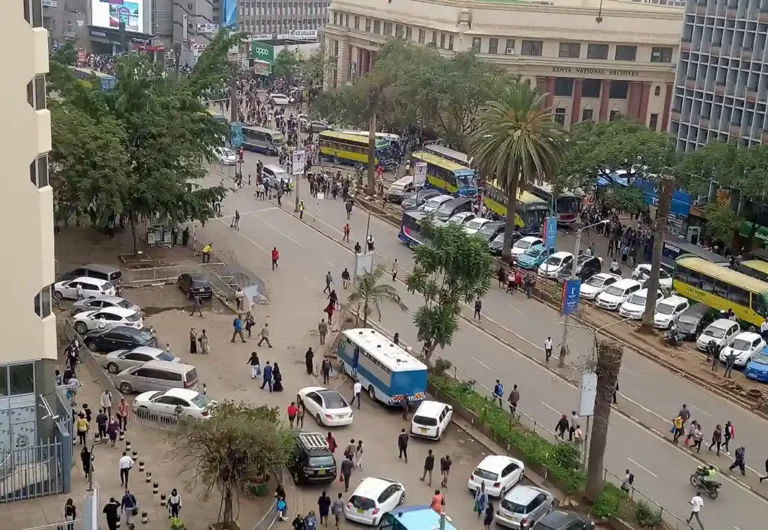The Energy and Petroleum Regulatory Authority (EPRA) has increased the fuel prices for super petrol, diesel, and kerosene by 8.7%, 11.9%, and 19.6% respectively, at Ksh 211.6, Ksh 200.9, and Ksh 202.6.
These new retail fuel prices will be effective from September 15, 2023, to October 14, 2023.
EPRA attributes this increase to a rise in the landed cost of these products due to volatility in the global crude oil market.
In August 2023, the average landing costs per cubic meter for super petrol, diesel, and kerosene rose by 4.8%, 12.5%, and 19.8% respectively.
The costs increased to USD 774.7 for super petrol, USD 789.9 for diesel, and USD 827.3 for kerosene, up from USD 739.2, USD 702.0, and USD 690.6 in July 2023.
Furthermore, the Kenyan shilling depreciated against the US Dollar by 2.0% in August 2023 with an exchange rate of Kshs 149.0 compared to the mean monthly exchange rate of Kshs 146.1 recorded in July 2023.
The prices include the 8 per cent Value Added Tax (VAT) in accordance with the provisions of the Finance Act 2018, the Tax Laws (Amendment) Act 2020, and the revised rates for excise duty adjusted for inflation as per Legal Notice No. 194 of 2020.
Inflation and monetary policy tightening
On the other hand, Kenya’s annual headline inflation printed at 6.7% in August 2023, down from 7.3% in July 2023.
This was the lowest overall year-on-year inflation level since the monetary policy tightening cycle began in May 2022.
“Resultantly, monetary policy has remained tight- with the CBR at 10.5%. Already, this policy stance is being felt across markets with credit markets already pointing to slower lending growth. In June 2023, private sector credit growth decelerated to 12.2% from 13.2% in April and May,” according to NCBA Monthly Economic Report for September 2023.
Consequently, Dr Kamau Thugge, Governor of the Central Bank of Kenya (CBK), has expressed concerns about how the recent review of pump prices complicates monetary policy.
There was an expectation that fuel inflation would decrease from 14.0% to 10.0% starting in October, once the base for the reduction of fuel subsidies takes effect.
However, the recent price review could impact this.
CBK Governor speaking on how last week’s pump price review complicates monetary policy. The expectation was that fuel inflation would soften from 14.0% to 10.0% starting Oct, once the base for the wind down of fuel subsidies kicks in. Next MPC is Oct 3rd, another jumbo rate hike? pic.twitter.com/EmVzzuSVer
— Julians Amboko (@AmbokoJH) September 18, 2023
The next Monetary Policy Committee (MPC) meeting is scheduled for October 3rd, and there are speculations about a potential significant rate hike.




